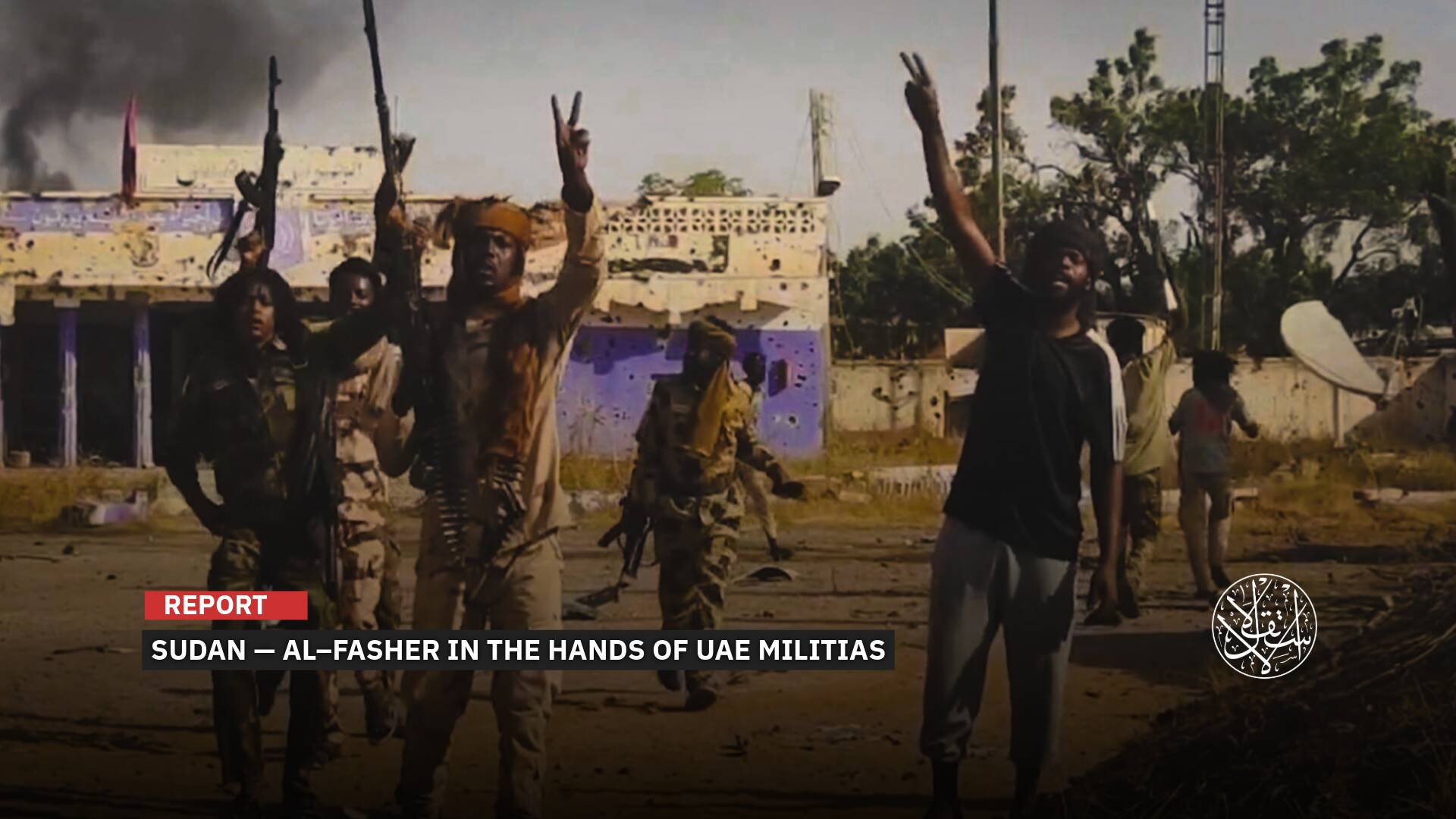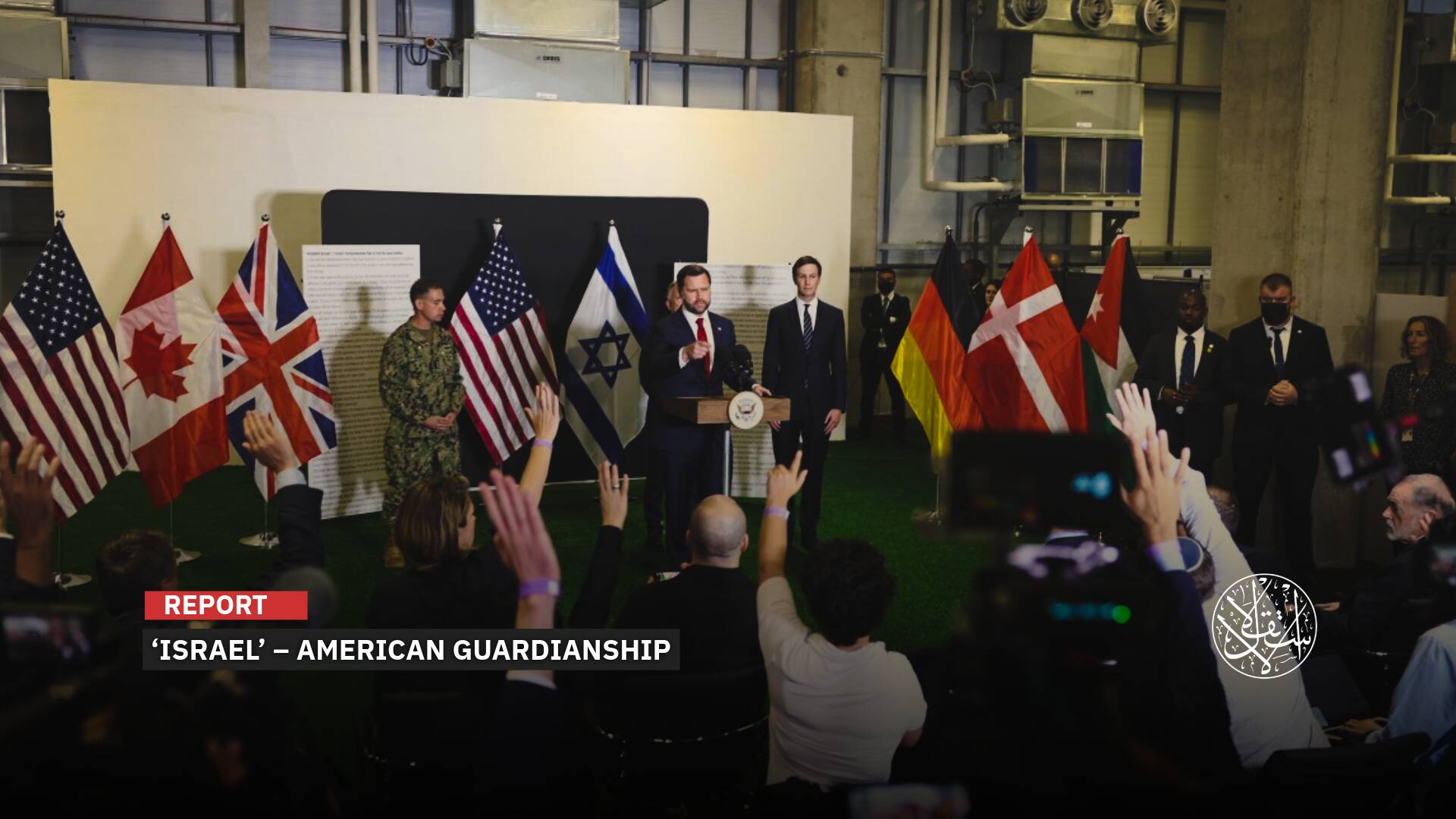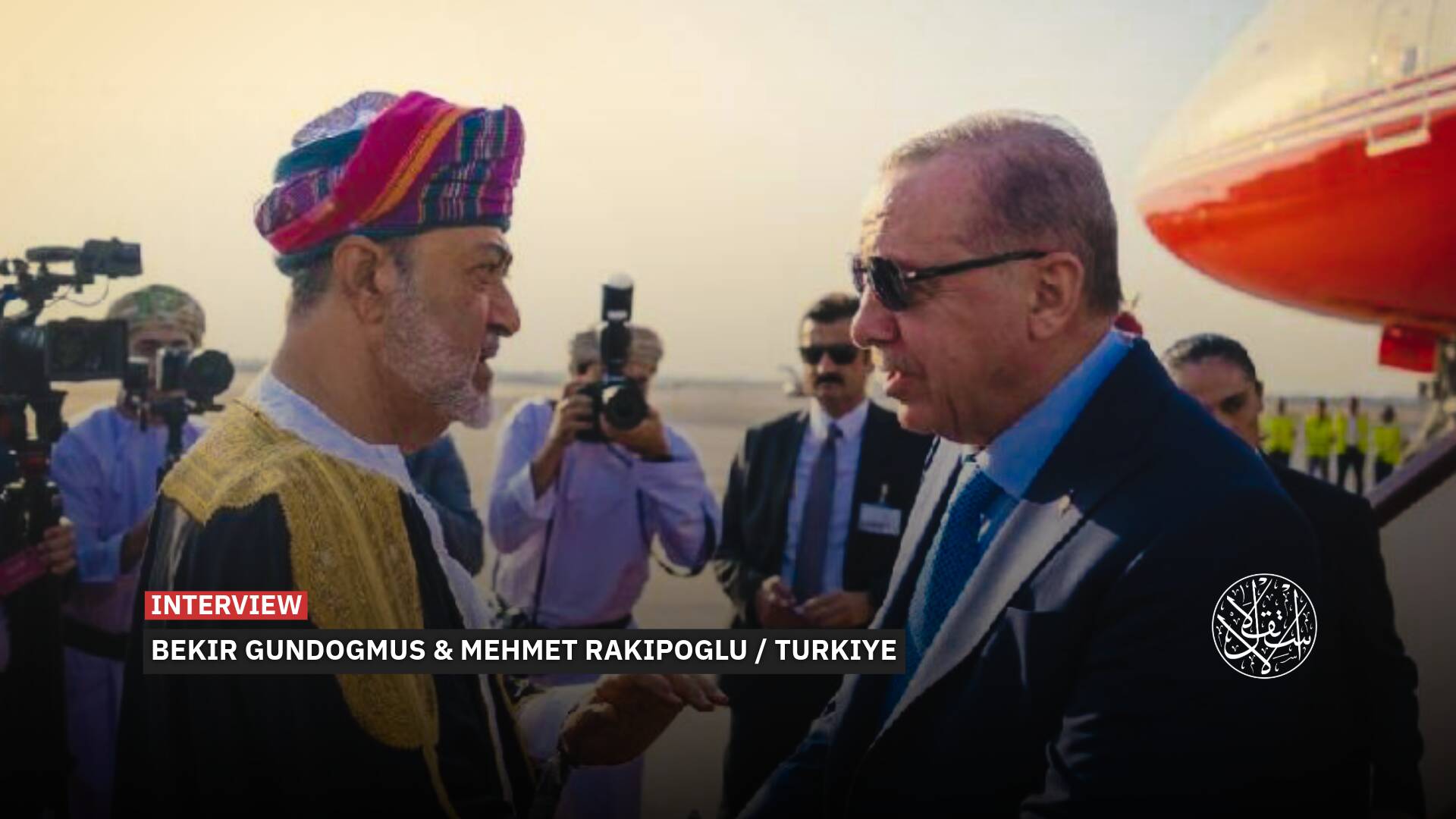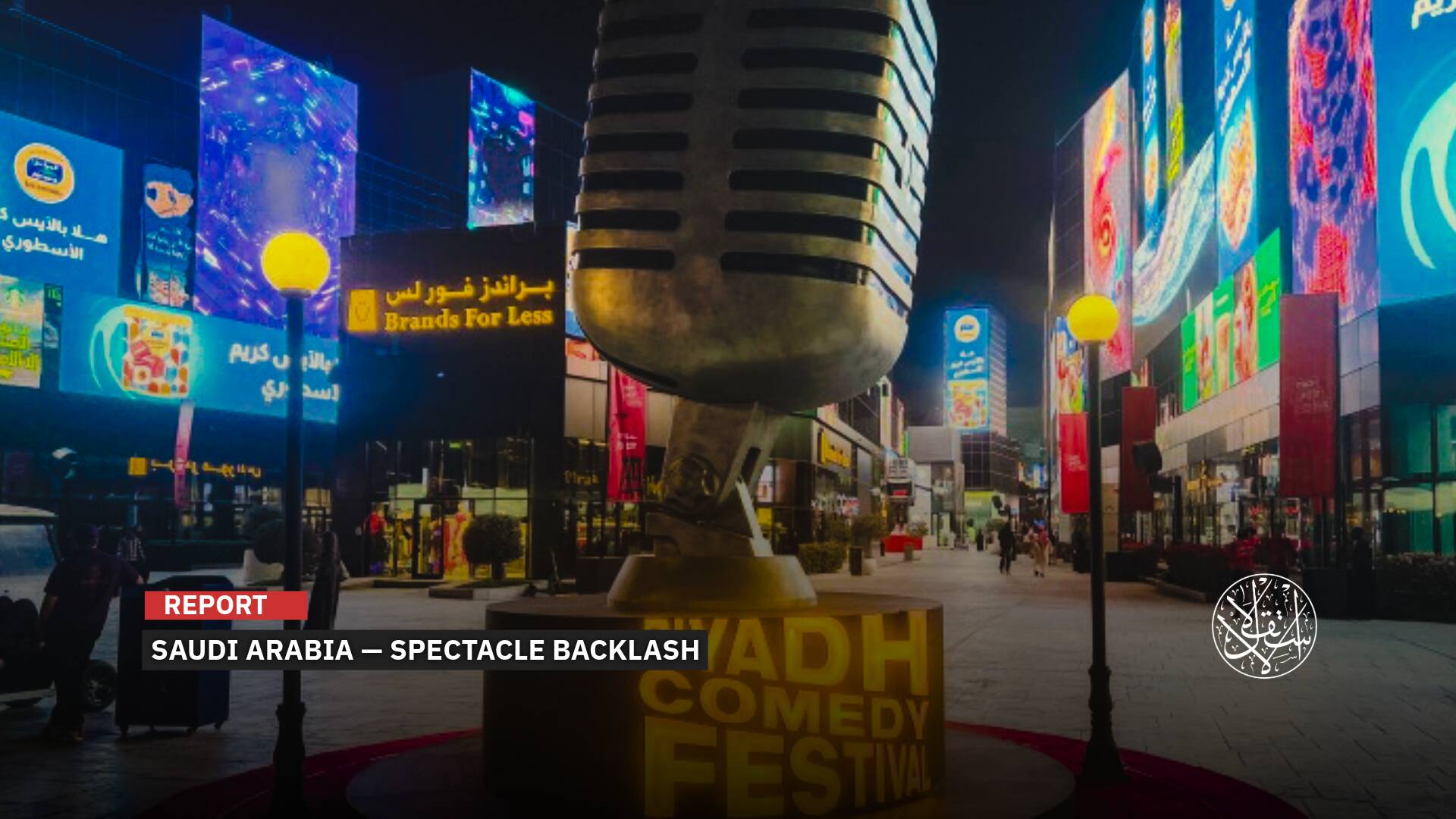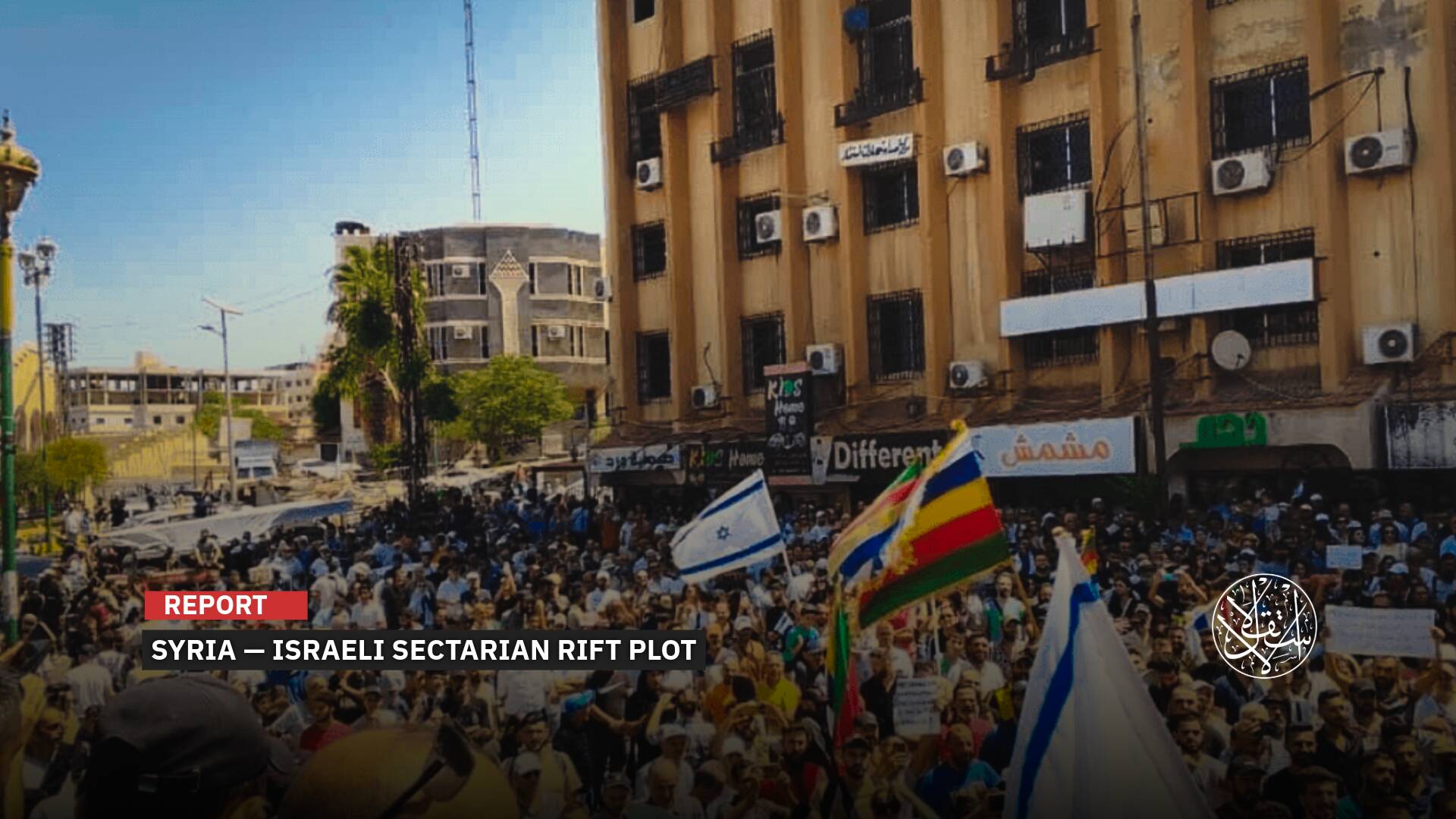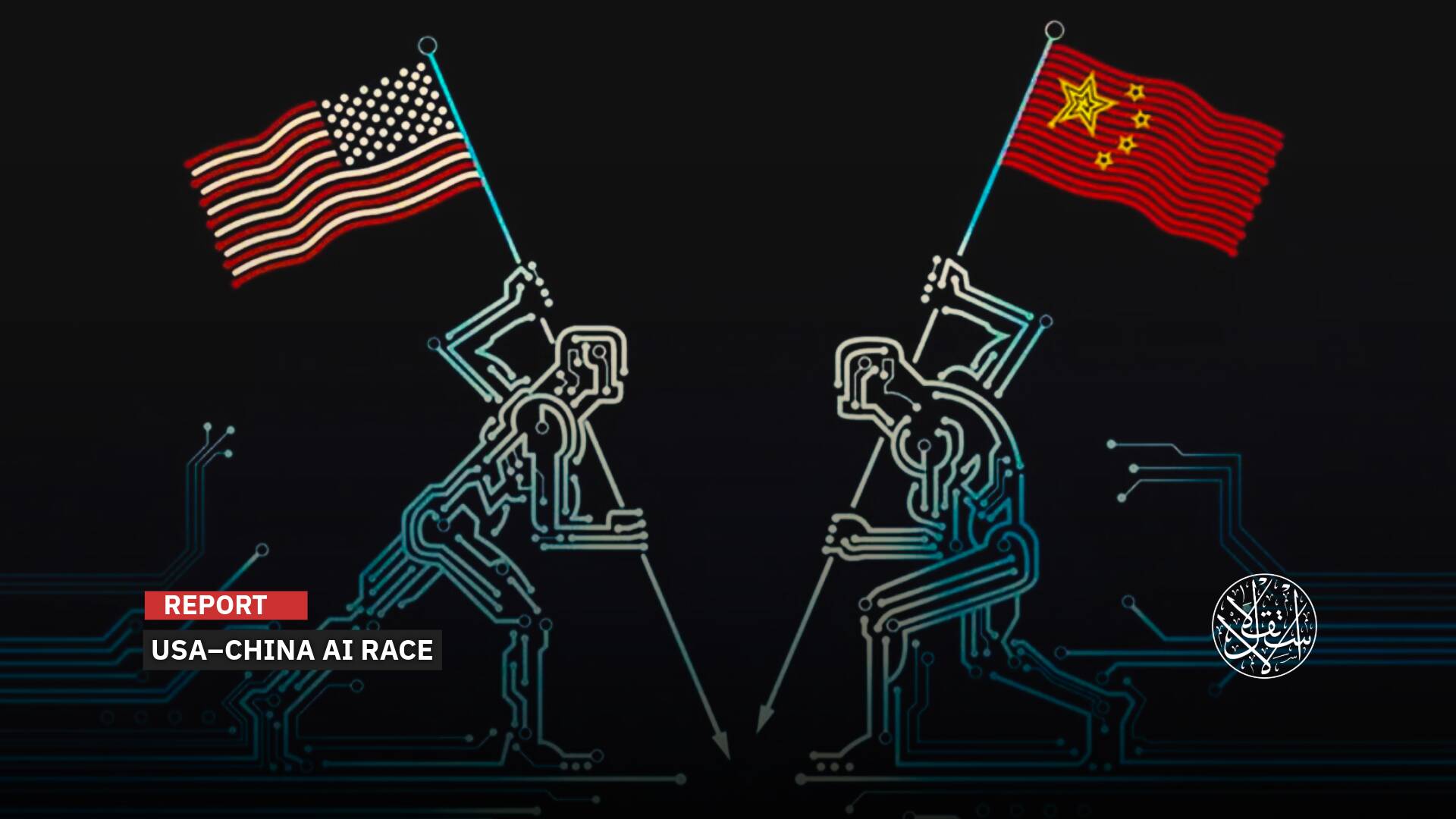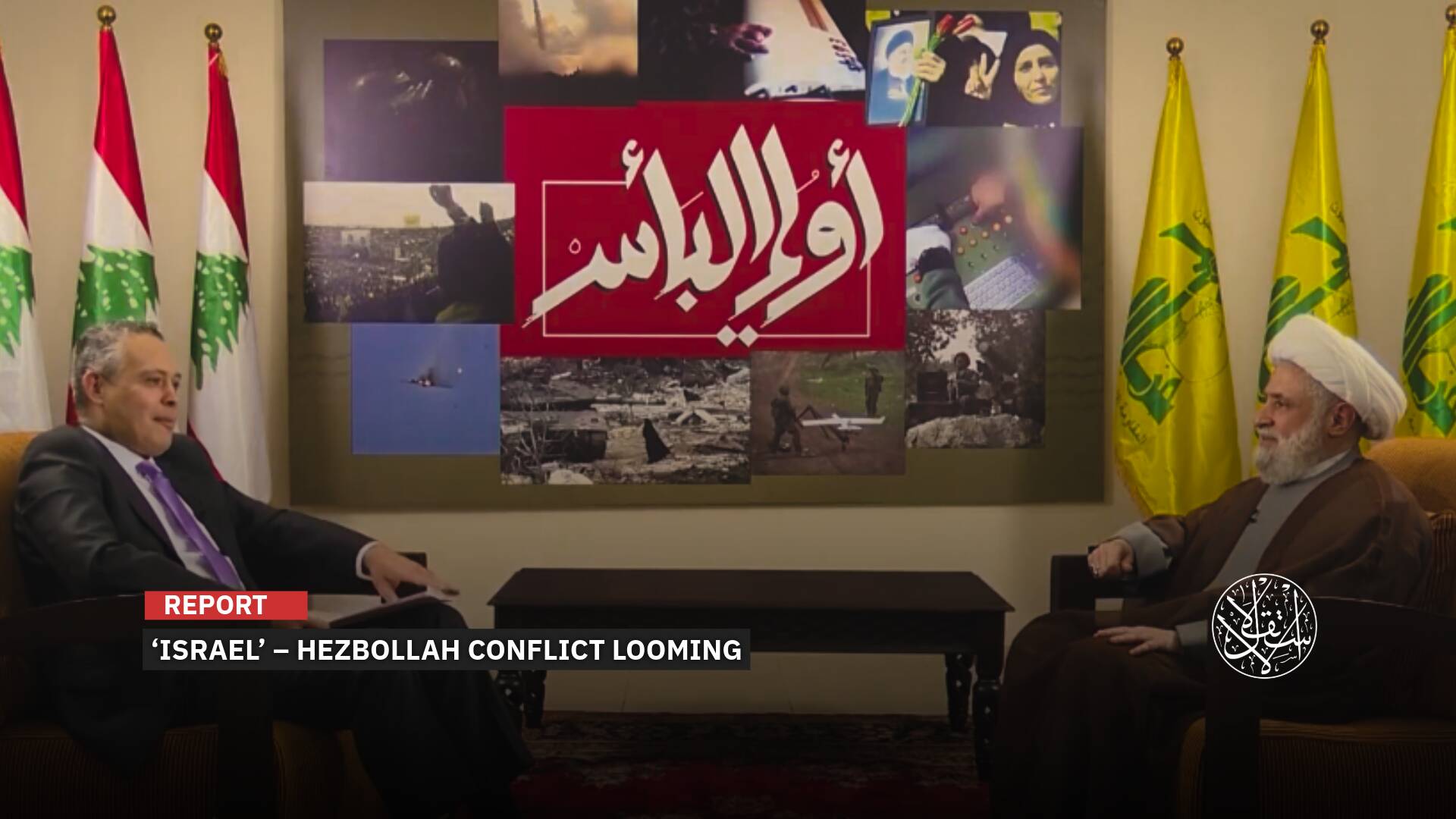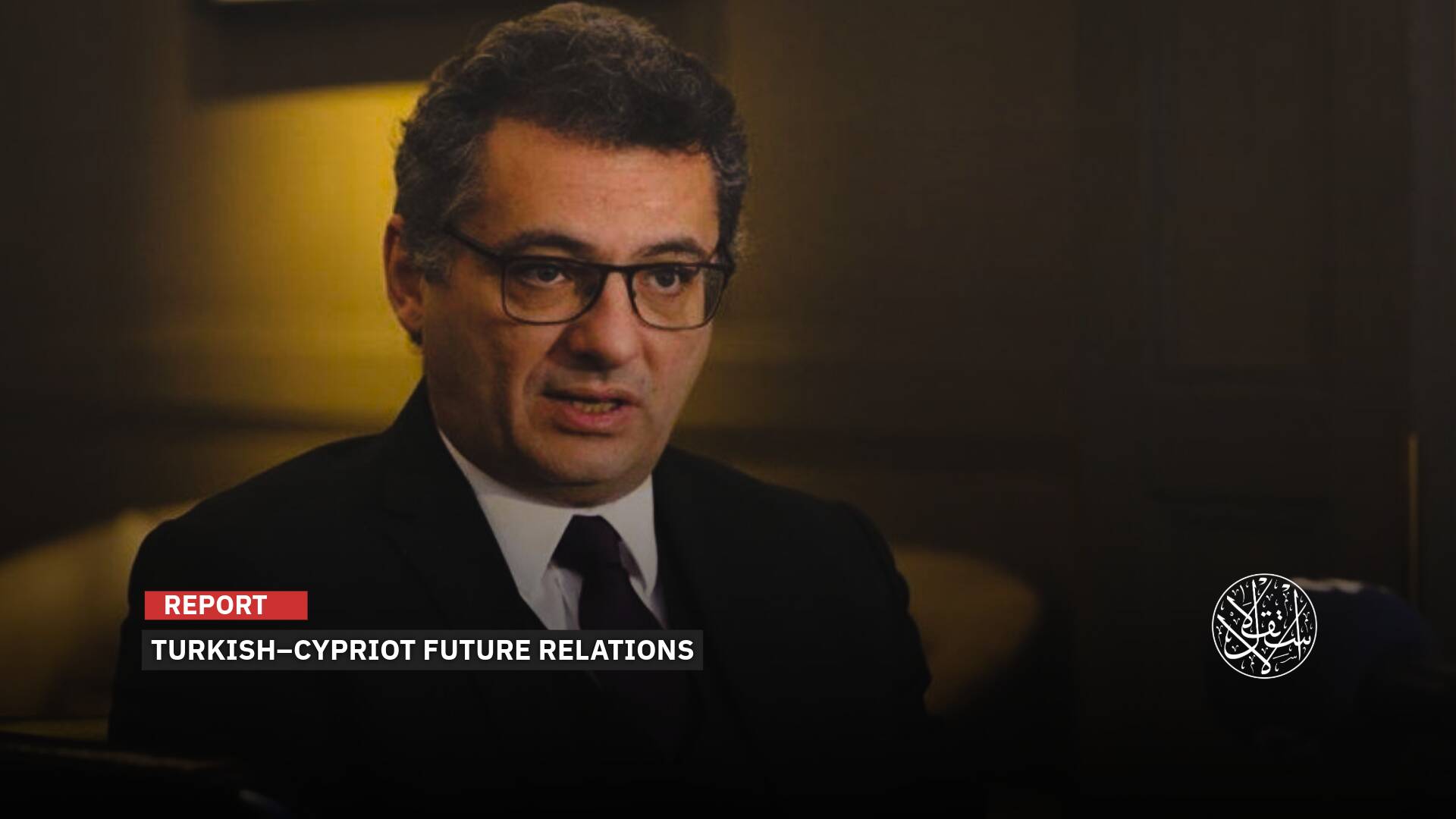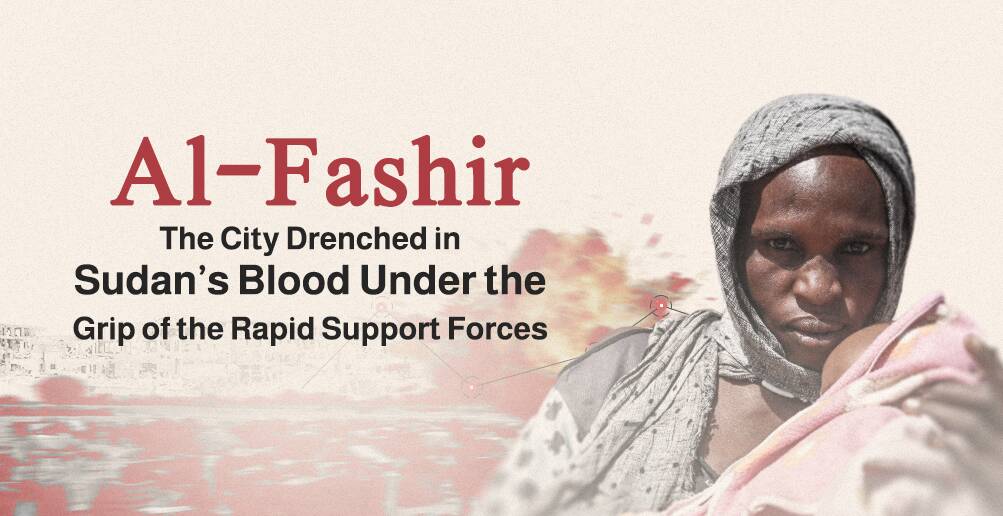How Did Corruption Dominate the Saudi Neom Project?

An extensive investigation published by Bloomberg revealed the features of the failure that beset the Saudi Neom project five years after its launch, where Saudi Crown Prince Mohammed bin Salman (MBS) announced it in 2017.
Bloomberg said, "the project is going through great challenges, and transforming it from science fiction to reality remains difficult."
But more importantly, the lengthy investigation contains a reference to a massive amount of corruption and uncalculated spending of billions of dollars after Bloomberg interviewed more than 25 current and former project workers who revealed shocking information about the amount of financial waste being done in a project that is nothing more than a fantasy, as many say.
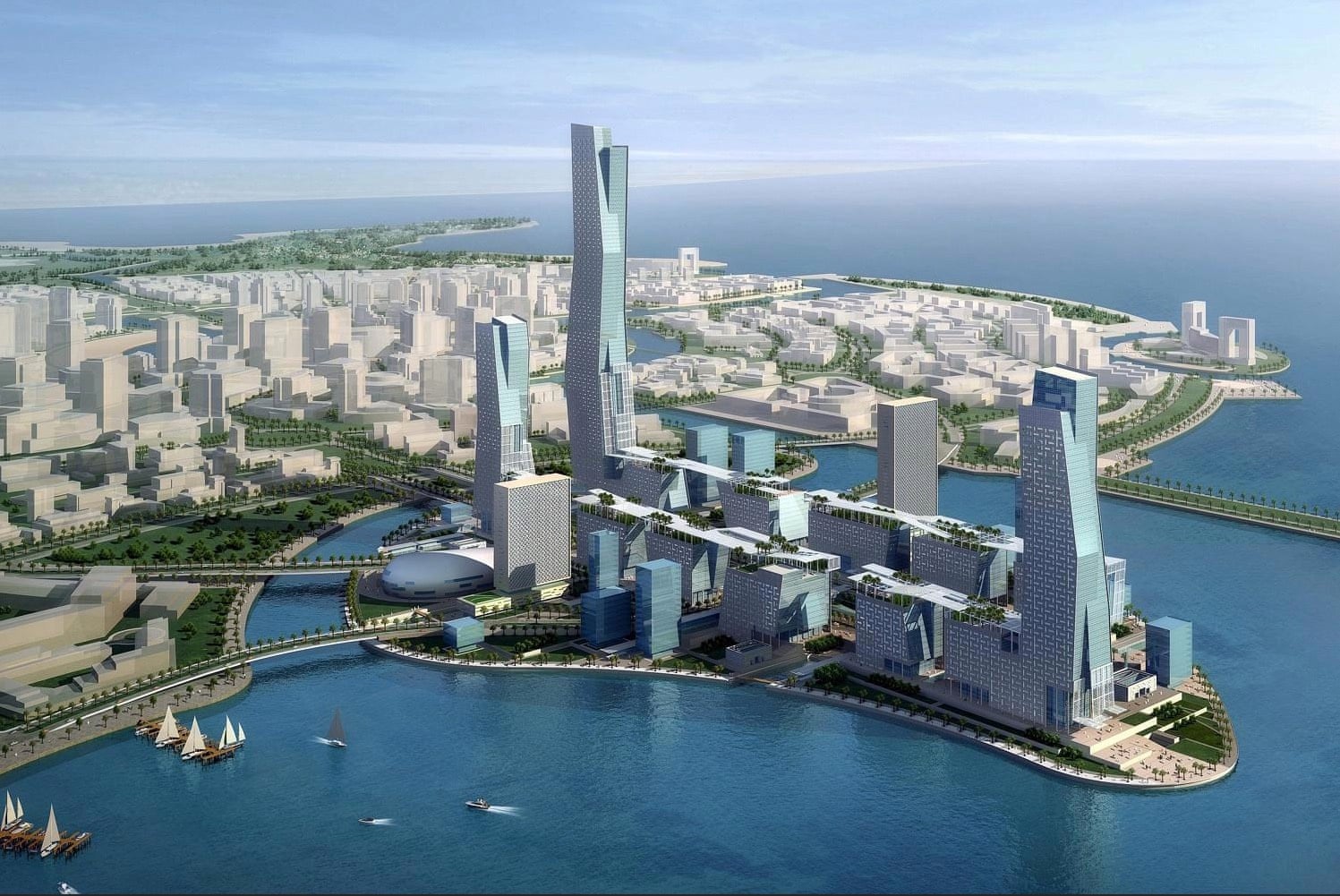
Inevitable Setbacks
Bloomberg concluded that, according to more than 25 current and former project workers interviewed, as well as 2,700 pages of internal documents, "this project continues to suffer many setbacks, many of which are due to the difficulty of implementing MBS' ever-changing ideas, as well as the difficulty of confronting the prince, who does not hesitate to imprison many members of his family when they tell him that his wishes cannot be fulfilled."
Bloomberg said in its lengthy investigation that "dozens of employees, who could not afford a toxic work environment and a culture of unbridled spending for very limited results, resigned."
"If I wanted to describe the end result of all my work during that era, I would have said that they were proposals and offers that would have ended up in the trash the following week," the agency quoted a former project manager as saying.
"All my life, these were the least productive periods in terms of doing real work and the most productive in terms of the amount of money I made," he added.
"Neom's turbulent journey so far suggests that Mohammed bin Salman's urban dream may never come true on the ground," Bloomberg says. "The same applies to his broader plans for economic transformation," it added.
"As has been proven, there is the complete absence of any connection to reality, objectively," says Andrew Wirth, an American businessman who worked at Neom in 2020.
Bloomberg pointed out that the assassination of Jamal Khashoggi also affected foreign investments in Saudi Arabia, including the Neom project, and says that although Crown Prince Mohammed bin Salman denied having any connection to the assassination of Khashoggi, "the wave of discontent that followed ruined the atmosphere for foreign investment inside Saudi Arabia."
"Many businessmen severed their relations with the Kingdom as well as with the Neom project. This has also resulted in the withdrawal of several international figures from the Neom Advisory Board, including British architect Norman Foster, former president of Y Combinator Sam Altman, and former US Energy Secretary Ernest Moniz," it added.

Costly Failures
Bloomberg reviewed several stories of failure on the project, including the Silver Beach Project and a $200 billion solar field that was soon canceled shortly after its announcement.
"Neom has offered some senior foreign employees tax-free salaries ranging from $700,000 to $900,000, more than 20 times the average income of a Saudi employee, as well as a wide variety of other benefits," it said.
It was not easy to evacuate the site of the city of Neom from the indigenous people of the region, who had lived there for successive generations, and to resettle them elsewhere. Sometimes it even resulted in armed battles.
Dozens of employees, who could not afford a toxic work environment and a culture of unbridled spending for very limited results, also resigned.
Meanwhile, Neom has become something of a guarantee of the permanent employment of international engineers and experts and even for Hollywood production designers, who have come to capture a share of Saudi oil wealth in exchange for work that some strongly suspect will never be used.
Few are willing to speak out, and most people prevent them from talking and sign contracts that prevent them from speaking out or fear of punishment. At least one former employee has been imprisoned in Saudi Arabia for criticizing the project, according to Bloomberg.
However, it would be unfair to consider the entire Neom project as mere indiscretion by a tyrannical ruler.
Parts of the plan, such as the $5 billion facility for hydrogen production for the use of cellular fuel vehicles and other uses, are rooted in current economic realities, and the construction of a global center from almost zero is not unprecedent in the region.
Even most of Dubai's land was empty sand, nearly 30 years ago. Since becoming the de facto ruler of Saudi Arabia in 2017, Mohammed bin Salman has proven skilled in imposing dramatic change, abandoning a huge number of religious restrictions that have imposed themselves on every aspect of everyday life.
As a result, women flock to the workforce, and adolescents go dancing at music festivals that soon sell all their tickets, things that were never imagined to exist before.

Yet Neom's turbulent career so far suggests that Mohammed bin Salman's urban dream may never come true on the ground. The same applies to his broader plans for economic transformation.
According to the crown prince's vision, Saudi Arabia is supposed to become a center of creativity and self-employment, free from corruption, religious extremism, and all that has long blocked its path to progress.
His critics argue that this promised future is nothing but a veneer or a layer of technological glamor to cover up the essence of oppression, government plunder, and, most importantly, absolute individual rule.
Mohammed bin Salman spoke about the Neom project for the first time at the launch of the Future of Investment Initiative, a flashy conference held in 2017 at the Ritz-Carlton Riyadh—the same place that a few days later turned into a five-star prison for businessmen accused by his government of corruption.
Everything about Neom—a mixed vocabulary that combines the Greek word Neo, meaning new, and the first letter of the word "future" in Arabic—will be sophisticated and modern.
Mohammed bin Salman announced from the podium that the difference that distinguishes Neom from other ordinary cities is equivalent to the gap between Nokia's old phone and the stylish smartphone.


